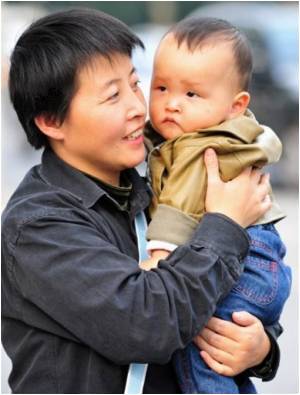Aiming at perfectionism could make new mothers face the danger of postpartum depression, suggests a new study.

The results showed that a type of perfectionism in which individuals feel others expect them to be perfect, known as 'socially prescribed perfectionism,' is associated with postpartum depression for first-time mothers.
The link between perfectionism and postpartum depression was strongest amongst those who try to deal with perfectionism by appearing as if they don't have a problem.
This study is one of the first to look how perfectionism affects women's ability to adjust to life after childbirth.
"What this suggests is that there might be some new mothers out there who might seem like everything is fine, in fact it might seem like everything is perfect. But] in fact it's just the opposite, that they're feeling quite badly but they're pretty good at covering it up," Live Science quoted Gordon Flett, a professor of psychology at York University in Canada, as saying.
This finding is particularly concerning, because it means friends and family might not realize their loved one is suffering from depression.
Advertisement
The results underscore the need to dispel the myth of the "perfect parent," Flett said.
Advertisement
Source-ANI













